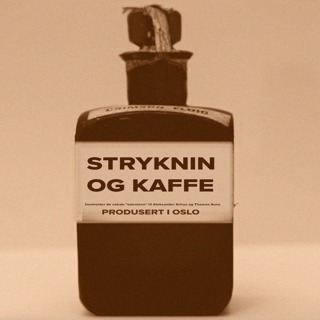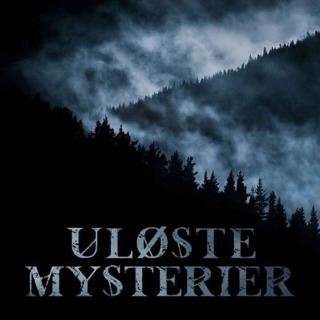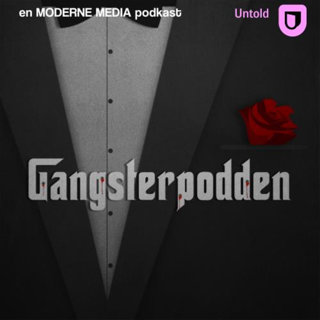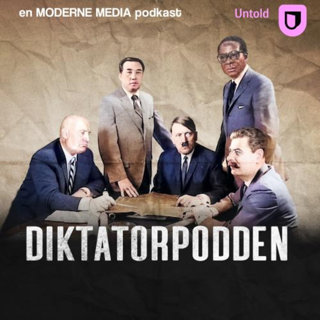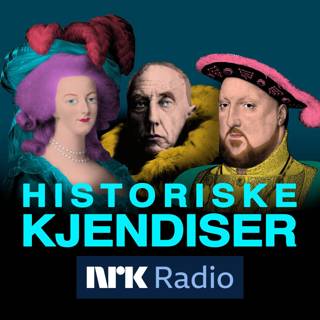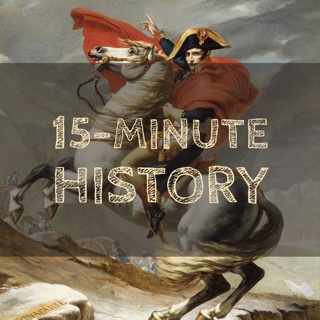
Ivan the Terrible | A Discussion on the Sources of Evil
Join us as we discuss Ivan the Terrible, his life, possible causes for his evil deeds, and the terror he caused.
4 Mar 202436min

Ivan the Terrible | The Sources of Evil
Two men stood in a large room shouting at one another, raging over family and war or accusing each other of incompetence and cowardice. A third man stood nearby, servant of one and friend to both. In a corner, a young woman cowered with her face bruised and her body shaking. Anger swirled around the pair as words grew ever-more harsh. And then, the older man swung his scepter, the symbol of God's might wielded through him on earth, and it crashed into the temple of the younger man. Blood poured from the wound as the youth crumpled to the ground. And then, as if a veil had been lifted from his eyes, the Tsar of all Russia's knees gave out. He cradled his victim in his arms and howled to the heavens, "May I be damned! I've killed my son!" Ivan IV’s long reign was among the most consequential for the Russian empire. His early reforms seemed to indicate that Russia was on the brink of a new age, only for it to fall into darkness as the tsar descended into paranoia and madness. The world soon gave him a new name as war and repression became ways of life under the man history knows as Ivan the Terrible. Join us as we teach you about Ivan the Terrible, his life, and the terror he caused.
26 Feb 202418min

Pop Quiz | The Texas Border & the Constitution
22 Feb 20247min

Associating Evil | A Discussion on LBJ & Ho Chi Minh
Join us as we discuss the intention and result of each leader by examining comparisons of policy during their tenure.
19 Feb 202445min

Thursday Thoughts | Serial Killers
Welcome to Thursday Thoughts! Every other Thursday, Joe will speak about a specific person, place, or event in history in under five minutes. This week, we answer a question we have gotten from you, our outstanding audience. Some of you have asked, "If you're doing a season on villains, why aren't you covering serial killers?" We answer that today.
15 Feb 20243min

Associating Evil | LBJ & Ho Chi Minh
As we look at villains in history, we want to look at actions and their effects. The policies of Lyndon Baines Johnson and Ho Chi Minh were the reflection of two leaders operating in different contexts. Though the method by which they exercised their intentions was different, the root of their “why” is in question. Join us as we look at both the intention and result from each leader by examining comparisons of policy during their tenure. The context of culture may require different methods for enacting said policies, but the intentions and subsequent outcomes show the result. We examine those today.
12 Feb 202414min

Pop Quiz | PSYOPs
Welcome to the Pop Quiz! Every other Thursday, Joe asks a topical question about history, and Jon has to answer it without any help or resources - other than his legendary memory and knowledge of history. These episodes are unedited and a fun way for the team to interact more with you, our outstanding audience. Have an idea for a topic? Want to try and stump Jon? Send it to us at 15minutehistory@gmail.com or submit it to our website at https://www.15minutehistorypodcast.org. We promise not to give him any hints.
8 Feb 20249min

The Bloody Verdict at Verden | A Discussion on the Perspectives on Evil
Join us as we discuss the actions of Charlemagne, the interpretations that followed, and how such evil can be combatted.
5 Feb 202425min











